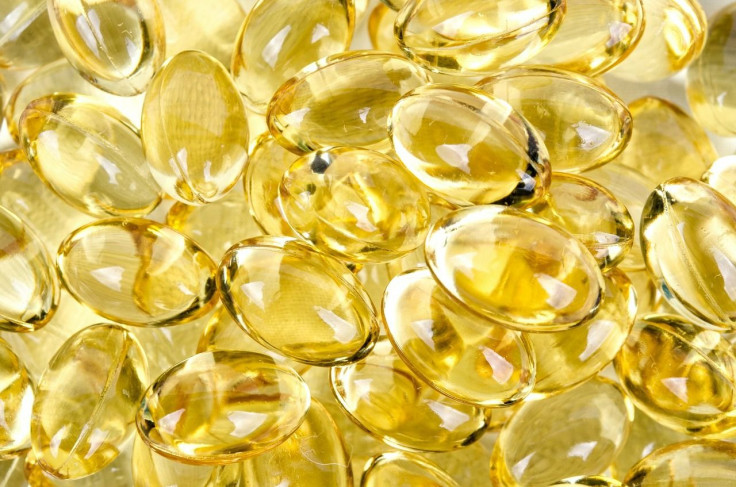Coronavirus Prevention: New Report Says Vitamin D Can Help Build Resistance Against COVID-19
The sunshine vitamin plays a crucial role in preventing respiratory infections including COVID-19, says recent report on the Irish Longitudinal Study on Ageing (TILDA). The study describes the importance of Vitamin D for immune function, the prevalence of Vitamin D deficiency and supplement use in Ireland by age group, gender, geographic location and by obesity and lung disease, particularly vulnerable to COVID-19.
"We have evidence to support a role for Vitamin D in the prevention of chest infections, particularly in older adults who have low levels. In one study Vitamin D reduced the risk of chest infections to half in people who took supplements. Though we do not know specifically of the role of Vitamin D in COVID infections, given its wider implications for improving immune responses and clear evidence for bone and muscle health, those cocooning and other at-risk cohorts should ensure they have an adequate intake of Vitamin D,” MedicalXpress quoted the principal investigator of the study Professor Rose Anne Kenny.
“Cocooning is a necessity but will reduce physical activity. Muscle deconditioning occurs rapidly in these circumstances and Vitamin D will help to maintain muscle health and strength in the current crisis,” he added.
The report highlighted the following:
- Individuals living with frailty who contract coronavirus infection are at greatest risk of admission to hospital, admission to intensive care units and death.
- Identifying people living with frailty provides an opportunity to prevent this group of people with risk from contracting the deadly disease in the community.
- Maintaining a sufficient vitamin D status in the adults is beneficial in preventing acute respiratory infections and therefore might benefit during the pandemic situation.
- High levels of vitamin D deficiency among obese individuals and those with pre-existing lung conditions make them particularly vulnerable to COVID-19 and its complications.
“Vitamin D is a potent immune modifying micronutrient and if vitamin D status is sufficient, it could benefit vulnerable adults, in particular, those 70+ years and older who are ‘cocooning’ during the COVID-19 outbreak,” concluded the report.
Vitamin D deficiency is not inevitable. You can prevent it by consuming foods such as eggs, oily fish, vitamin D fortified cereals or dairy products and take a daily 400 IU supplement.
“Ireland needs a formal vitamin D food policy/recommendation, which we are still lacking—for instance Finland has such a policy and has virtually eliminated deficiency in their population,” MedicalXpress quoted Dr. Eamon Laird, research fellow in medical gerontology and the report’s co-author.

© Copyright IBTimes 2024. All rights reserved.






















